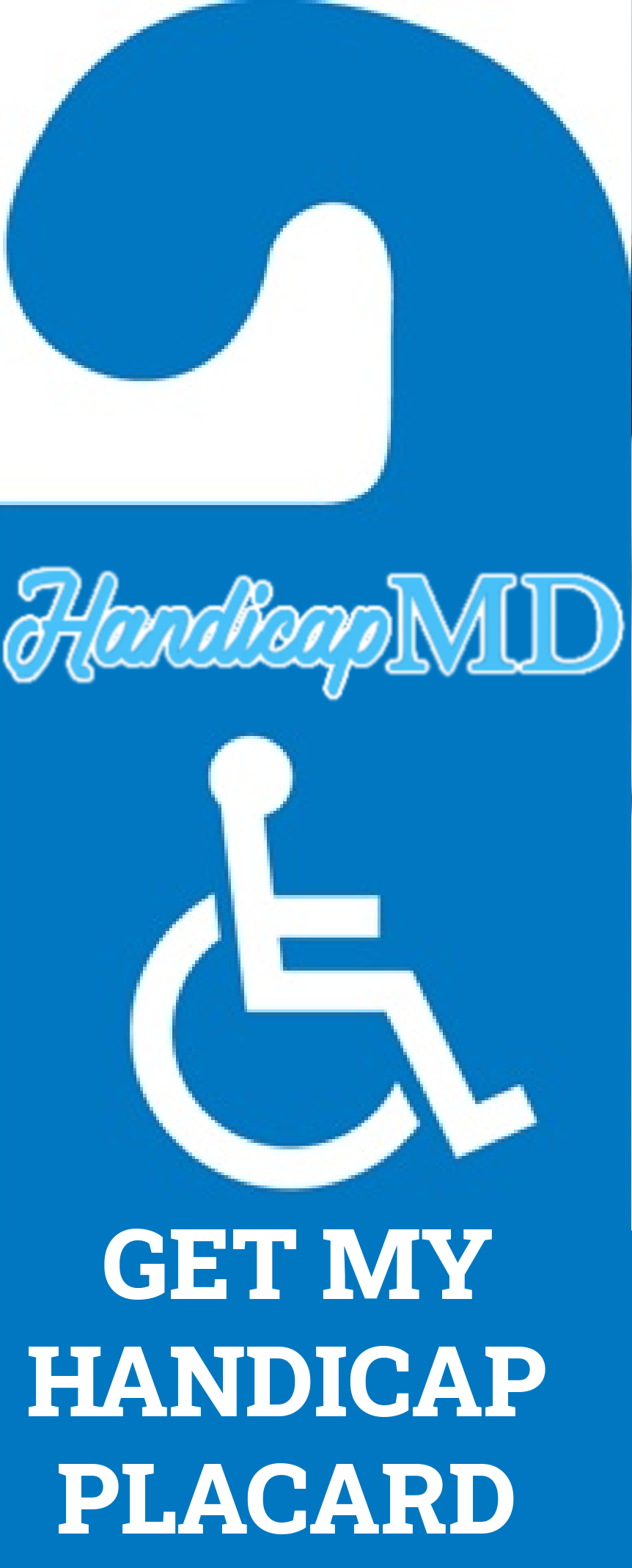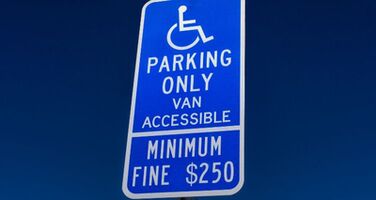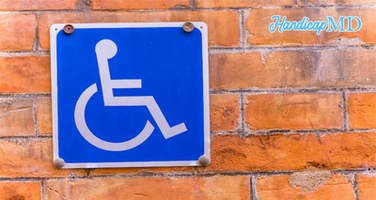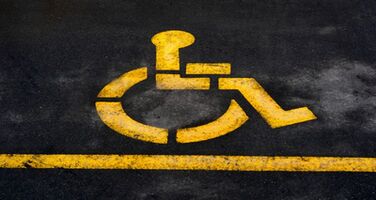
Handicap Placard Violations and Penalties in New Mexico: What You Need to Know
Navigating the regulations surrounding handicap placard violations and penalties in New Mexico can be complex. To ensure you're well-informed and compliant, it's crucial to understand the rules and repercussions associated with these violations. This comprehensive guide aims to shed light on the topic, providing clarity on what constitutes a violation, the penalties involved, and how to avoid them. By familiarizing yourself with this information, you can protect your rights and ensure accessibility for those in need.
Understanding Handicap Placards
Handicap passes are crucial identifiers for individuals with disabilities, granting them access to various services and accommodations. These tags signify that the vehicle belongs to a person with a disability, allowing them to park in designated accessible spots.
What are Handicap Placards?
Handicap Placards, commonly known as disability tags, are official documents issued to individuals with disabilities. These tags are displayed in vehicles to indicate eligibility for accessible spaces.
Importance of Accessible Permits
Handicap permits play a vital role in ensuring equal access for individuals with disabilities. They allow people with mobility issues to park closer to entrances, facilitating their participation in various activities and reducing physical barriers.
Types of Disabilities Recognized
Accessible passes cater to a wide range of disabilities, including mobility impairments, visual impairments, and cognitive disabilities. These tags ensure that individuals with diverse needs can access essential services without discrimination.
How Handicap Plcards are Issued
These special permits are typically issued by the Department of Motor Vehicles (DMV) or relevant state agencies. Applicants need to provide medical documentation or certification from healthcare professionals to qualify for these tags.
Handicap Placard Violations
Despite the importance of New Mexico handicap placards, violations are unfortunately common and can have severe repercussions.
Common Violations
Common violations include parking in accessible spots without a valid tag, falsifying or altering tags, and allowing unauthorized use of these special passes.
Impact of Violations on Individuals
Violations of accessible passes can significantly impact individuals with disabilities, causing inconvenience, frustration, and barriers to accessing essential services.
Consequences of Non-Compliance
Non-compliance with the regulations can lead to fines, legal actions, and revocation of parking privileges. Moreover, it perpetuates discrimination and undermines the rights of individuals with disabilities.
Legal Requirements for Tag Display
To avoid violations, it's crucial to display disability permits properly. Tags should be visibly hung from the rearview mirror or placed on the dashboard when utilizing in disabled parking spaces.
Penalties for Placard Violations
The penalties for accessible pass violations in New Mexico can be severe and may include monetary fines, vehicle towing and impoundment, and legal repercussions such as court appearances. These penalties aim to deter individuals from engaging in behaviors that undermine the integrity of these regulations and compromise accessibility for people with disabilities.
Fines and Monetary Penalties
Violators may face hefty fines ranging from $100 to $500 for parking in accessible spots without a valid permit.
Legal Actions and Litigation
In addition to fines, individuals or businesses found violating these regulations may face legal actions, including lawsuits for discrimination.
Revocation of Business Licenses
Businesses found complicit in pass violations may have their licenses revoked, impacting their operations and reputation.
Repeated Offenses and Escalating Penalties
Repeat offenders face escalating penalties, including higher fines, suspension of driving privileges, and community service requirements.
How to Avoid Placard Violations
To avoid such violations, individuals must obtain legitimate permits and adhere to parking regulations and guidelines. By respecting designated spaces and prioritizing accessibility, everyone can contribute to creating a more inclusive and equitable environment for individuals with disabilities.
Ensuring Compliance
Regularly review and adhere to handicap pass regulations to ensure compliance with legal requirements. Be mindful of your permit's expiration date to ensure timely renewal.
Regular Training and Education for Staff
Educate employees and staff members about the importance of accessible tags, proper usage, and the consequences of violations.
Accessibility Audits
Conduct accessibility audits to identify and address any barriers to access, ensuring a welcoming environment for individuals with disabilities.
Engaging with Disability Communities and Advocacy Groups
Collaborate with disability communities and advocacy groups to gain insights, feedback, and support in promoting accessibility and inclusion.
Resources and Support for Businesses Facing Violations
Businesses facing handicap placard violations can access various resources and support services to navigate the legal and regulatory landscape.
Legal Assistance
Seek legal counsel specializing in disability rights and accessibility to understand rights, obligations, and potential defenses against violations.
Accessibility Consultants
Hire accessibility consultants to assess premises, policies, and procedures, recommending improvements to ensure compliance and inclusivity.
Training Programs
Participate in training programs and workshops focused on disability awareness, etiquette, and compliance with accessibility standards.
Government Support and Initiatives
Explore government initiatives and support programs aimed at promoting accessibility and providing resources for businesses to improve compliance.
FAQs
What are the consequences of parking in accessible spots without an accessible tag? The consequences may include fines, legal actions, and revocation of parking privileges.
Can businesses be held liable for permit violations? Yes, businesses can face penalties, including fines and license revocation, for complicity in the violations discussed.
How can individuals obtain a special pass in New Mexico? Individuals can apply through the Department of Motor Vehicles by providing appropriate medical documentation.
Are there specific regulations for displaying disability tags? Yes, these tags should be visibly displayed, either hanging from the rearview mirror or placed on the dashboard, when parking in accessible spots.
What actions can businesses take to promote accessibility and avoid violations? Businesses can conduct accessibility audits, provide staff training, and engage with disability communities to ensure compliance and promote inclusivity.
Is there government support available for businesses facing violations? Yes, there are government initiatives and support programs aimed at assisting businesses in improving accessibility and compliance.
Conclusion
Understanding handicap placard violations and penalties in New Mexico is crucial for promoting accessibility and inclusivity. By complying with regulations, businesses and individuals can create environments that respect the rights and dignity of individuals with disabilities, fostering a more equitable society.
.png)






